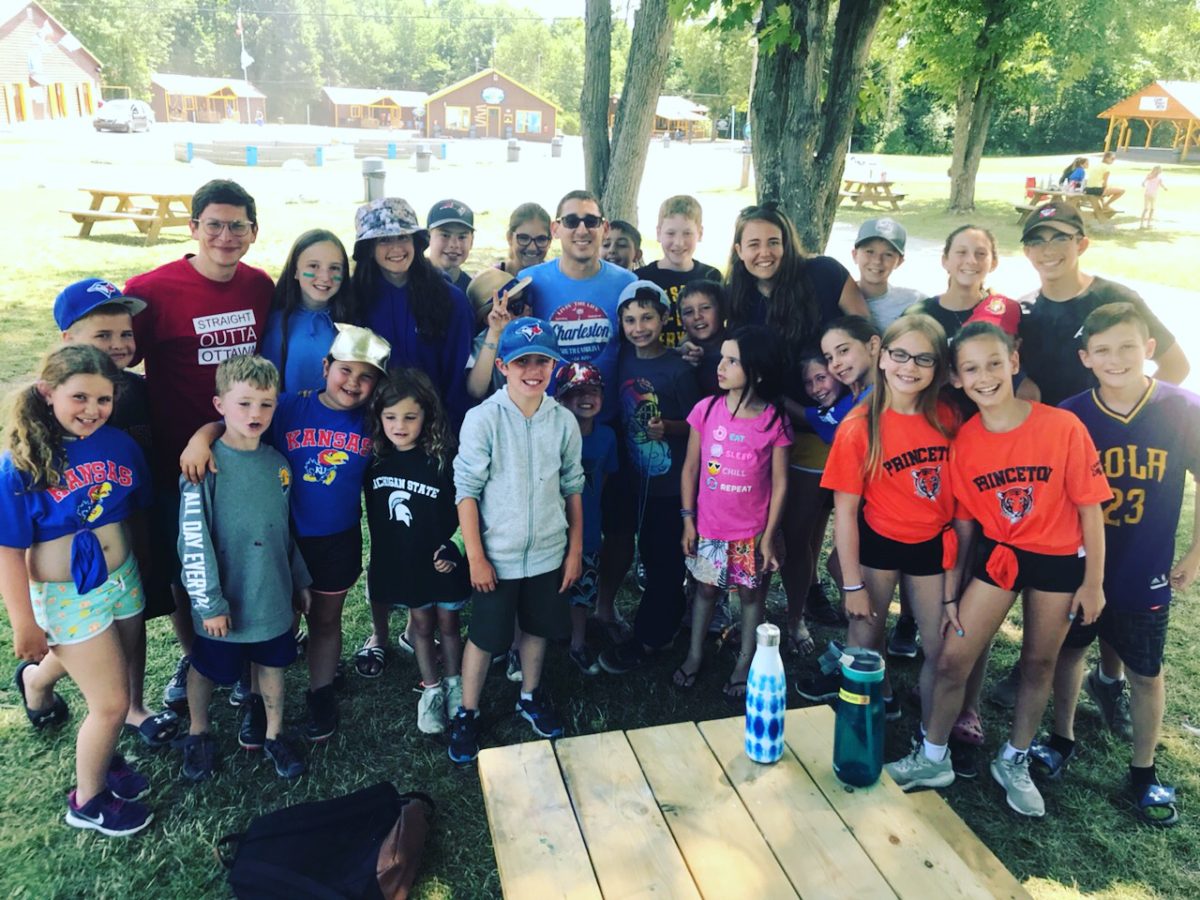This is typically the time of year when we wax philosophic about Jewish camping and lament that Jewish day schools can’t seem to capture the efficacy, niche, demand and profitability of our educational first cousins.
This is not that article.
(I did my version of that article a few years ago.)
This is not a knock on Jewish camping.
My personal story and Jewish journey are inextricably linked to Jewish camping. But having just had occasion to visit many of our OJCS students at Camp B’nai Brith of Ottawa Summer Camp and to visit my own wife and children at Camp Ramah Darom, and being reminded of just how powerful those experiences can be, I want to name a few challenges that Jewish camping presents for families and for the Jewish day schools who enthusiastically support them.
I am convinced that one of the greatest challenges in Jewish education is identifying the vehicles of transferability from powerful experiences to meaningful Jewish choices. And although I am partial to Jewish camping and Jewish day school as the two most likely candidates to produce said experiences, I have participated in amazing supplemental school classes, transformative youth group retreats and excellent adult education seminars. There are opportunities abundant in Jewish education for creating connections – connections between people, connections to history and ideas, and connections to God. However, the difficulty lies in linking those experiences to an ongoing engagement with Judaism between and after the power of those peak experiences fade.
Let’s look at a stereotypical peak Jewish camping experience.
Havdalah is a transcendent highlight for children (and teens and adults) attending Jewish summer camps. It is amongst the most powerful events that take place at camp and for many Jewish children it takes place exclusively during the summer. The same is true for daily/weekly prayer, Shabbat observance, kashrut (of some form or another) observance, etc. For many Jewish children (and teens and adults) these rituals only exist during the summer months when they are not only viewed as normative, but as ultimate. Likewise, for many day school kids, kashrut, blessings, prayer, speaking in Hebrew, study of Jewish text, etc. – these activities are imbued with meaning and purpose within the confines of the school walls, but for many they end with the closing school bell. The power in camp and day school experiences lie in their ability to make normative [or even better “cool” – which camp particularly excels at] Jewish rituals and practices that are anything, but normative in children’s family, synagogue and Jewish communal lives.
Havdalah with your parents at home on a Saturday night while your friends are waiting for you to meet them at the movies cannot hold a candle (even a braided one) to havdalah under the twinkling stars in a redwood retreat, arm-in-arm with your newfound closest friends and a guitar strumming away. The day school student who cannot use his/her Hebrew outside of school with friends and family will only find it so meaningful for so long. It is difficult to replicate a magical sukkah experience at a home without one. Etc. The potential dissonance between what is lived in Jewish educational settings and what is lived in the family is well-known and is as difficult to breach now as it has been for the last half-century or more.
Jewish schools are on the front lines of this conversation. Although there is a meaningful percentage of families whose primary concerns are Jewish Studies, there many families enrolled in our school because they are looking for a variety of things, a topnotch secular education being at the top of the list. The fact that it also comes with a high-quality Jewish Studies program and is housed in a Jewish setting emphasizing Jewish values can mean anything from “also important” to “nice” depending on the family. Even in the Jewish educational setting where families are arguably the most invested, we still struggle to find the motivation and vehicle for transference.
What can we do?
In our school, where we have explicitly named “We are always on inspiring Jewish journeys,” as one of our “North Stars” it begins with admissions and carries through to graduation. During initial family interviews, we are candid with parents about our school’s agenda for the inculcation of Jewish ritual and practice. It is really no different than the agenda we have for the inculcation of any other facet of our program. We want our children to go home from school excited about everything they are learning and seeking to find meaningful ways of incorporating lessons learned into lives lived. Unlike math or reading, however, we need to be willing to reach into families’ lives to provide encouragement and education to bring the Jewish Studies curriculum to life. Nurturing the relationships that allow that process to occur is, perhaps, the most important, fulfilling, and sacred aspect of our work.
Finding the way to sow the seeds for Jewish journeys is the secret sauce that can connect the dots from summer’s peak Jewish experiences to the school-year’s rich and rigorous Jewish education to families’ Jewish lives, enriching and enhancing each in turn. As we prepare in the weeks ahead to welcome our children home from camp and to welcome them back to school, let’s work together to help our children appreciate that being actively engaged Jewishly is a year-round and lifelong endeavour.

